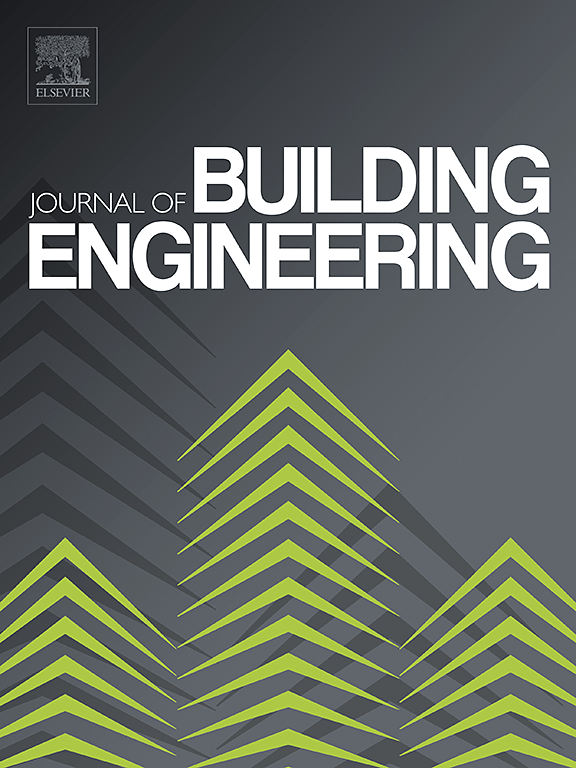AI-driven integration of digital twins and blockchain for smart building management systems: A multi-stage empirical study
IF 6.7
2区 工程技术
Q1 CONSTRUCTION & BUILDING TECHNOLOGY
引用次数: 0
Abstract
Building Management Systems (BMS) play a crucial role in effectively managing modern buildings. However, conventional BMS rely on fragmented automation and manual processes, limiting their adaptability, scalability and data-driven decision-making. Despite advances in the implementation of technologies such as digital twins (DTs), blockchain and artificial intelligence (AI) in BMS, their practical application remains limited. This study aims to bridge this gap by developing an AI-driven, blockchain-secured DT solution for smart building management. A multi-stage empirical methodology was adopted, combining an extensive literature review, expert consultations and iterative prototype development. The research findings indicate that according to industry experts, real-time data processing, enhanced security, predictive analytics, user-friendly design, seamless integration with other systems, and sustainability considerations are among the most critical features for effective BMS, which are reflected in the proposed framework. A functional platform prototype was designed, developed and evaluated through real-world testing in an administrative building, demonstrating improved automation, responsiveness and an intuitive user experience. This study contributes to both academia and industry by providing an integrated, scalable and empirically validated model for next-generation BMS. Going beyond theoretical exploration, it presents a practical roadmap for implementing new technologies in building operations, supporting effective integration, improved resilience and increased sustainability. The findings provide insights into both the integration of AI, blockchain and DT into BMS and their readiness for large-scale adoption, highlighting their revolutionary capabilities in redefining smart systems for building operations management.
求助全文
约1分钟内获得全文
求助全文
来源期刊

Journal of building engineering
Engineering-Civil and Structural Engineering
CiteScore
10.00
自引率
12.50%
发文量
1901
审稿时长
35 days
期刊介绍:
The Journal of Building Engineering is an interdisciplinary journal that covers all aspects of science and technology concerned with the whole life cycle of the built environment; from the design phase through to construction, operation, performance, maintenance and its deterioration.
 求助内容:
求助内容: 应助结果提醒方式:
应助结果提醒方式:


